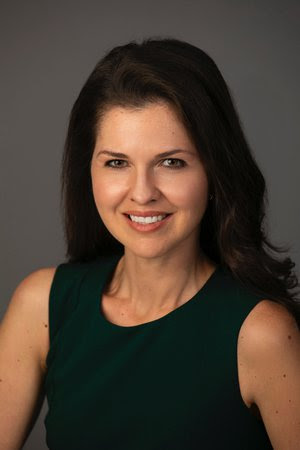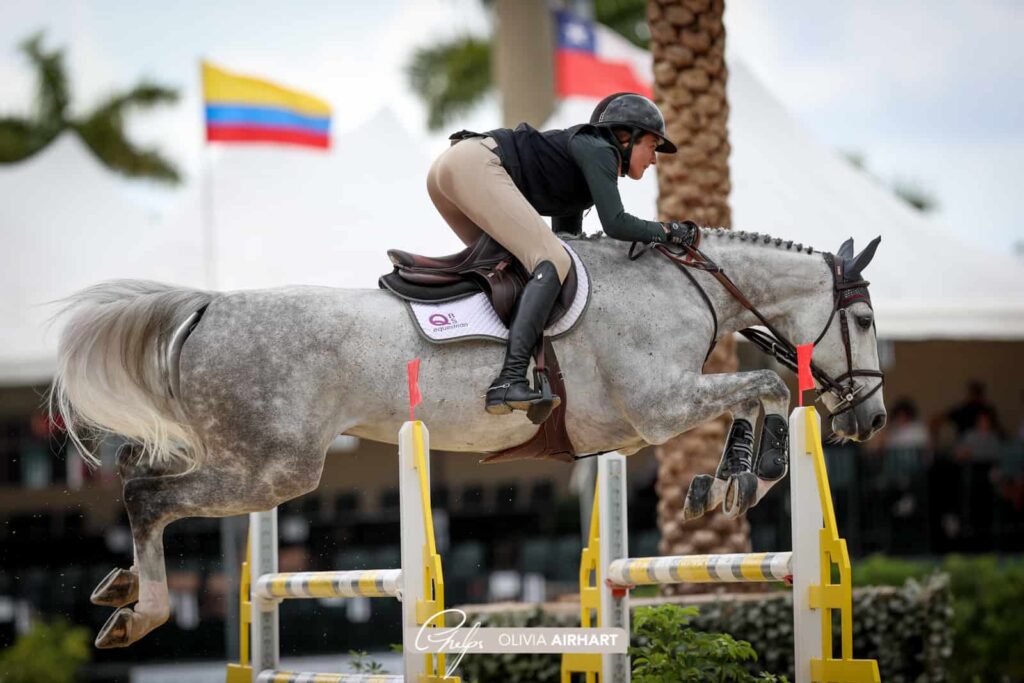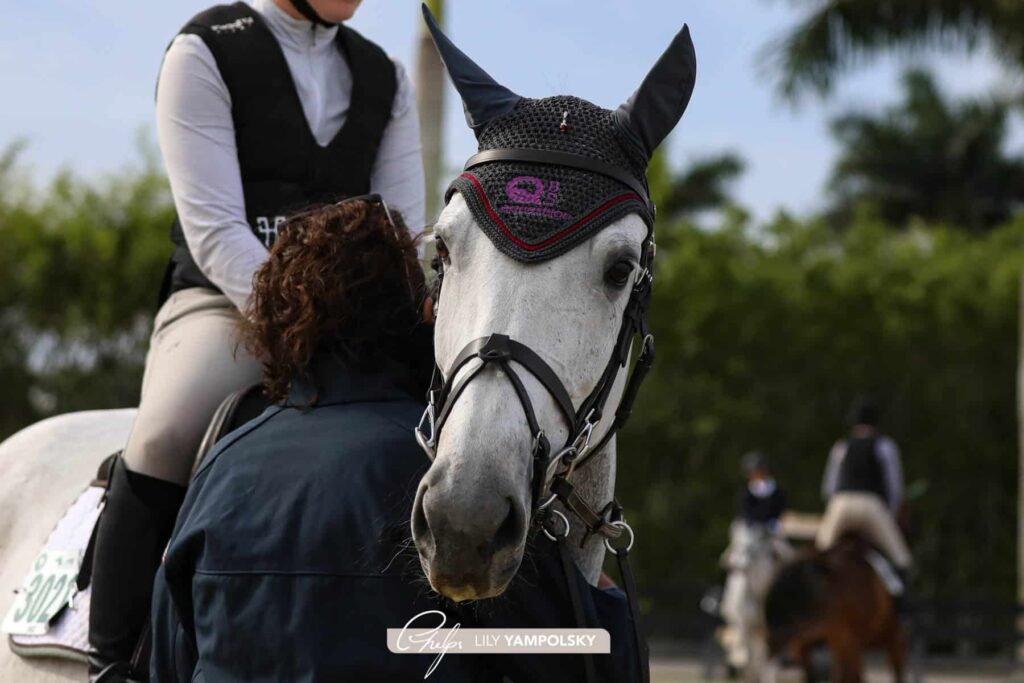M. Michael Meller was not “to the manor born,” but his impressive career has been an  exercise in helping horses and people become “to the manor bred.”
exercise in helping horses and people become “to the manor bred.”
When he was young, Michael had a passion to be around horses, and he had to be resourceful in order to feed that passion. Resourcefulness is still a way of life now that he’s a celebrated professional in the equestrian world – a trainer, owner, and cultivator of equestrian talent (both human and equine) whose charges have graced the winner circles time and time again all over the world. I sat down with him recently for an interview, and he shared the methodology and mindset that’s allowed him to rise – and his horses to soar.
HD: First, could you please talk a bit about your unique program and what makes your sales and your business model so successful? How is it different than others?
MMM: I just come from a different angle. I couldn’t start out buying the best seven- or eight-year-olds in Europe, or anything older than that. In this day and age, with all the emerging markets and emerging countries trying to get teams together, and with the starting of the Global Championship Tour (GCT), it really raised the prices in Europe for the seven- and eight-year-olds – the one that were jumping 1.40m and higher. Prices went through the roof!

Certain countries were trying to really develop their equestrian program, aiming for the Olympics. And with the help of the GCT, they were able to jump in a lot of 5* grand prix (the highest level). They got the practice, and they went through a lot of horses with that model. So now the younger horses—the two-, three-, four-, five-year-old’s—are not being paid as much attention to.
Therefore, if you have a good eye and a good understanding of young horses (and a good understanding of how they should be brought up), you can afford to buy the best of those age groups, and that’s what I’ve done. I’ve had lasting power because I can keep 10 young horses in Europe working their way up. In the U.S., I could probably only have one or two. The real key is that the education is not set up in the United States, nor is it financially feasible to even try to do it.
HD: Where in Europe do you keep your young horses? What is your strategy for their start?
MMM: I usually keep the young ones in Ireland because it’s a great place to bring up a horse. Ireland provides a great foundation for a horse, just like throughout Europe. They have the farmers that breed and take care of the horses. They have the kids that are around them and are acclimating them to being horses and being broke. They get they really get the full experience – the stall, the blacksmith, and all the other components. There will be nice, young, tough riders that will be breaking them and galloping through the woods and go to many local horse shows.
HD: So, you’re not just looking at the riders or the expense of showing a horse or keeping a horse in Europe. You’re looking at the whole picture, the horsemanship—right down to the kids and the gallops through the woods. You’re cultivating the entire life of the horse until it walks off the plane in the U.S.
MMM: Exactly right – the horsemanship. You have to honor the horse—that’s what I always say. When you’re teaching animals, you need to make sure that they go out and have a really good life. Their success and happiness and how they perform – and what they’re thought of in the barn is only going to get you repeat customers. And you’re doing right by the horse.
HD: That is wonderful. A truly ideal scenario. What is the next step in the horses’ careers?
MMM: They’re coming to the U.S. just before the January of their seven-year-old year. Usually, I already have a rider who I believe is a good match for the horse. I’ve been talking with different riders for some time already, and a lot of the riders are the ones that won the M. Michael Meller Style of Riding Award that I present throughout the country.

HD: Are you essentially scouting your next rider? How does that award come into play?
MMM: Yes! And the style award is not always the winner of the grand prix. It’s someone who you have respect for, who tries really hard — and when you mention their name at the horse show, you get a smile. You go to the horse show office, you ask someone about this, and they’ll say, “Oh, they’re the most polite.” You go to the feed store, and they say, “Oh, they are really into their horse’s nutrition, but they’re so pleasant to deal with.” When you walk through their barn, their horses are perfectly taken care of. And, you know, if I had a six-year-old daughter, could they take care of her for the night?
And I have to say, it was different than when I was younger. If someone had walked up to me and said, “I have a horse for you,” I would have done a backflip. I would be so happy and so grateful. The riders that I pick are like that. But there are riders out there that are already so “sponsored up.” It’s turned into a “who’s who” of sponsoring. They’re not hungry in a good way.
What I wanted to harness is all the education these kids have had and all the experiences in the big ring. Let’s say they had a couple of top-level grand prix horses but never had the experience of taking a grand prix horse as a five- or six-year-old and bringing them along. The rider has all this knowledge of what a seasoned grand prix horse feels like, and now they can learn to hand-hold a young horse to be secure in the big ring. They have all the ability and foundation to provide that support, and that’s what I wanted to do.
It’s a double-edged sword. They’re getting a really nice horse and have to honor it, and try to make sure all the experiences are good so they can reach the highest level. And there’s a financial gain, too. They may want to pick up the expenses of the horse as soon as they get it at a very wholesale amount. Then they get the money back when the horse is sold, plus they get a good percentage of the profit. So, it can be a win-win. The people that I choose are really into it that way.
HD: Do you have the same model for each rider?
MMM: No. I do have the same model as far as they want them to be part of it—but you don’t want it to be a hardship. Who’s financially responsible for certain finances does switch a little so that it’s fair for everyone involved.
HD: It seems you’re always “scouting” – whether you’re selecting the winners of your award, or you have your eye out for the next horse, the horse and rider combination. It seems you have “scouting” down to a science.
MMM: It’s always the horse first – in all respects. Does that horse itself have the mind? Does he know what his job is? That’s the biggest thing. They need to know what their job is. And you just praise on that, try to stay out of their way, and let them grow up. It’s nature and nurture. When you praise on the good, that’s what you get— with anything; with children and animals, you praise on the good. I try to find horses that have all the jumping ability and the mind to walk in the ring and take it as theirs. So, you have to find the horse first, then find the type of rider that that horse will be best suited for. It’s not called the people show; it’s a horse show. People’s egos confuse them when riding a good horse. It’s the horse! And you should just be thankful that you got that ride.

HD: You follow your “natural eye” and instinct, and I think that has made your program successful. It’s because of your natural eye for a special horse, but also your attention to detail and care from the very beginning. What would you say has made your business model so successful?
MMM: I find young horses in Europe that I want to watch grow up, and I basically covet them. I watch everything they do. And I have really good people watch them at horse shows. Then I try to hold out and watch them, try to buy them at the best time. Or if I hear someone else is looking at them, I’ll usually jump in and do it. But when you see it in a horse, you know it. They’re in a different league, have a different brain, a different canter. They’re just different. Follow your gut!
HD: You are relentless in your methodology, and the results speak for themselves. You watch everything your horses do and guide their development from afar. So, why do you bring the horses back to the U.S.? Is it for the horses to finish developing – or is it the riders in the U.S.?
MMM: I bring them at the moment it’s good for sales, and it’s where I live. It’s where my business is. So, I bring them over when they can show in qualifier classes and the 1*s, start building up the ladder – and when they can start competing on a field that IS level. At seven or eight-years-old, the field turns level throughout the world. And that’s just the right time to sell them or compete them.
HD: So, it all comes back to the precise timing, doing each step at the right time.
MMM: It’s all about timing. I learned at an early age about your gut. When that horse comes up in front of me at the time that it needs to be bought, there’s no question. It’s like, yes, I know. I don’t even take a breath.
HD: You’ve mentioned nature and nurture with the horses. What about you? Was there a program/trainer or a rider that inspired you or helped develop your foundation? Or did you just have that natural eye and honed it over time?
MMM: I still see myself as a little kid that was always “window shopping” for horses and trying to find my way into an industry that was, when I started, crested with the old guard. Getting your foot in the door, it was very difficult to get any respect. But that was a time when someone didn’t have the means to buy the top-dollar horses and could climb the ladder of being a big rider. You had to really scrap to climb through the ranks – but it was possible. As of now, it’s really hard.

But I had desire. Desire, and I’ve always been very comfortable around the horses. I was in different barns, but I didn’t have the horses to have a lot of attention given to me. But I also got to ride a lot of other horses, and not the best ones, but I always was given the chance to ride, and I think it was more of the experiences. When you’re in this business, you shouldn’t ever put a ceiling on yourself (“I wish I could ride or do business better”). I think we put too many ideas of other people in our minds, and we really need to think for ourselves.
HD: Well, I think you are a perfect example of doing business better by using a unique approach. I have admired your approach to young horses and horse/rider pairings for a long time. Thank you for taking the time to tell me more about your perspective and approach to your successful program! Best of luck, my friend.
Combining a local focus with an international mindset in a way that allows him to find the best opportunities in the U.S. and overseas, Michael is a special kind of equestrian. Over a career spanning five decades, he’s measurably enhanced the quality of American show jumpers by sticking to some foundational tenets: Honor the horse. Focus on amplifying the good rather than punishing the bad. The right partners in life, finance, and business are key. And character matters just as much as performance (in horses and people). It shines through in Michael’s horses, riders, and his business partners, such as longtime colleague, client and co-owner of QBS Equestrian, Dennis Sisco. Character matters to Michael, and it’s all part of his formula to success. When we consider his journey, we can see how being enterprising, and resourceful, helped transform a young equestrian journeyman—who was going from barn to barn, grateful to be allowed to ride any kind of horse—to being a recognized pillar of the industry known for cultivating some of the best horses in the world.













